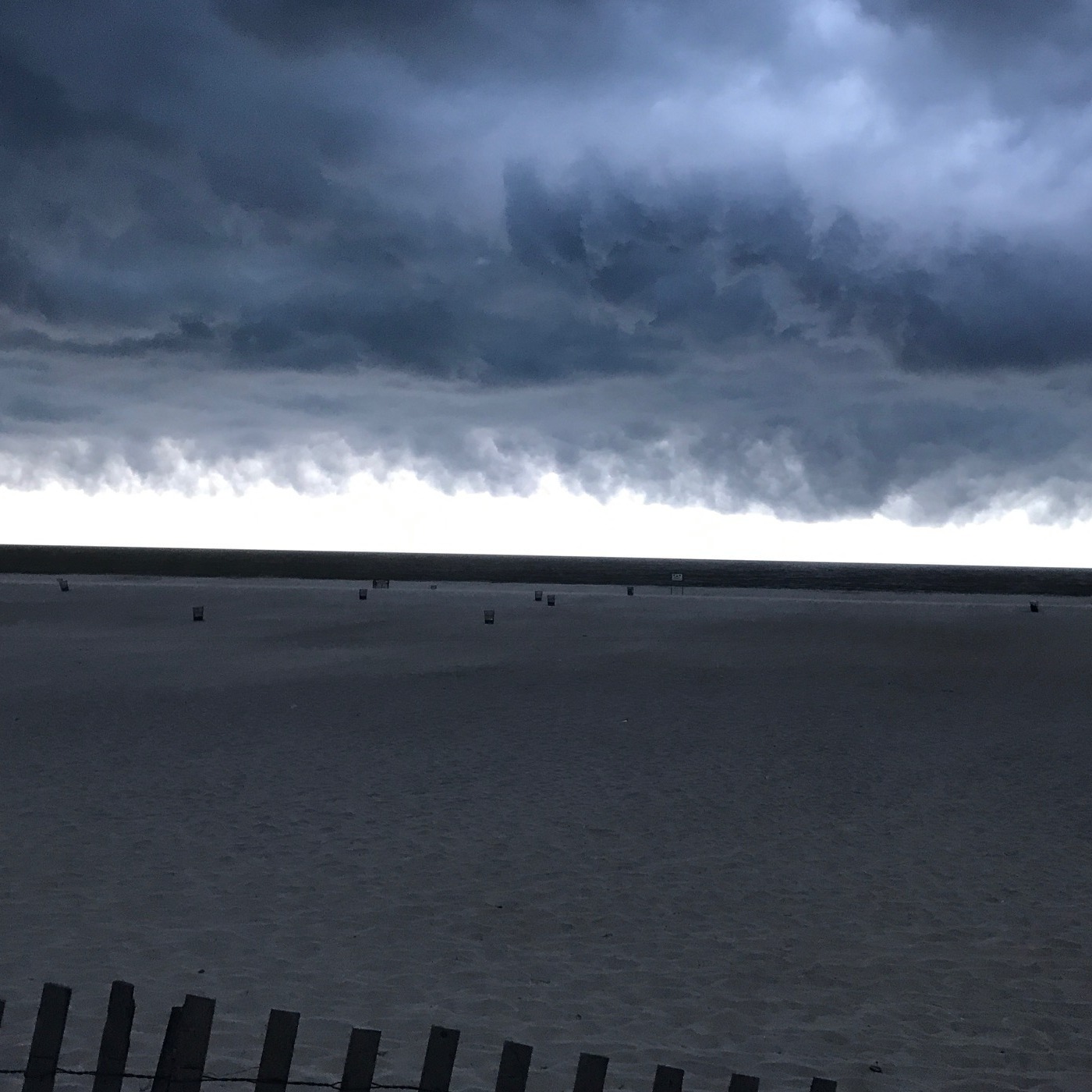Bk. 1, Pt. 2, Ch. 14-15: Murat's Reticence Infuriates Napoleon
Kutuzov is presented with a choice while the French advance toward Krems: (1) abandon the main road or (2) continue toward Ölmutz. Each is fraught with peril and he chooses the latter. It was in this direction he had sent Gen. Bagration, who Andrei (off-book) convinced Kutuzov to allow to join. In the previous chapter, Kutuzov steadfastly refused the request, under the belief Bagration would be decimated.
The idea was to march rapidly and fortify a position, engage the French, once again allowing the main force to retreat. This involved a 30 mile march where Kutuzov willed his men to reach the town of Hollabrünn before the French. The maneuver also allowed supply lines to be secured.
One may ask: What is the purpose in depicting what seems like military minutia? While War & Peace is known for it’s victorious ending, showcasing the War of 1812, much of the body of the work, explores the ideals the French introduced through the Napoleonic Wars, which led to changes in Russian Society during Tolstoy’s life. This includes ideas brought forth during the failed Decembrist revolt of 1825. Tolstoy was writing from the perspective of having served in the Crimean War (1853-56), where Russia was humiliated and forced to reform. Tolstoy was able to witness the emancipation of the serfs who were conscripted in the battles (both minor and great) that War & Peace depicts.
Gen. Joachim Murat, fresh from taking Vienna, reached Bagration’s forces and proposed a 3-day truce. Murat was thought to be hesitating while waiting for reinforcements. In hindsight, Murat is viewed as having been in an advantageous position. Murat may also have been thinking that peace negotiations were under way and that risking men in a fierce battle was unnecessary. Bagration communicated the offer to Kutuzov, with both understanding the advantage. Foremost, it allowed for necessary rest. When word reached Napoleon, who was relatively close at Shönbrunn Palace, he sent a messenger to chastise Murat. He ordered the truce be rescinded and set out to the front.
Chapter 15 takes us into Bagration’s division, where we find Andrei. Bagration gave Andrei the choice the be upfront with him or in the rear guard. Andrei was permitted to explore the camp by escort, as he desired to place himself where he would be of most use. At first, Andrei found a disorganized mess. He ran into Artillery Captain Tushin, who was in his tent with his boots off, which was against protocol. Tushin had a noble spirit about him. He was salt-of-the-earth and did his best to defuse the uncomfortable situation.
During the truce, Andrei observed soldiers in various states, including digging trenches in minimal clothing. Andrei reached a hill from where he could observe his adversary. The closer he got to the front, he noticed an equanimity to the men. This depiction likely stems from Tolstoy’s experience in the bastions of Crimea.
Tolstoy is pointing out the paradox of good men who will soon be sent to kill those who profess the same religion. He captures a decency of those put up front. There was a pride and sense of togetherness. Many were dragging logs and constructing huts. Laughing and chatter could be heard. Some sat around fire, eating, drying clothes, or attending to leg bands. They behaved with a dignity and as if they were at home.
Tolstoy also captures the brutality of army life. Andrei soon observes a soldier being brutally disciplined. He is naked and held down by two men, while two others beat him with switches. He had been caught stealing and a Major was commanding the beating to continue. This highlights the Prussian discipline many Russian commanders adopted.
Andrei moves on and reaches the center of the front line, where the truce envoys met. He could see the faces of the adversary. Contingents on both sides jest and taunt one another. Dolokhov is in the middle of it. The soldiers are filled with misinformation and the taunts center around Napoleon. The banter gets so heated that musket balls are propelled into the air. Eventually, the soldiers retire -- leaving each other’s artillery to ominously face one another.
